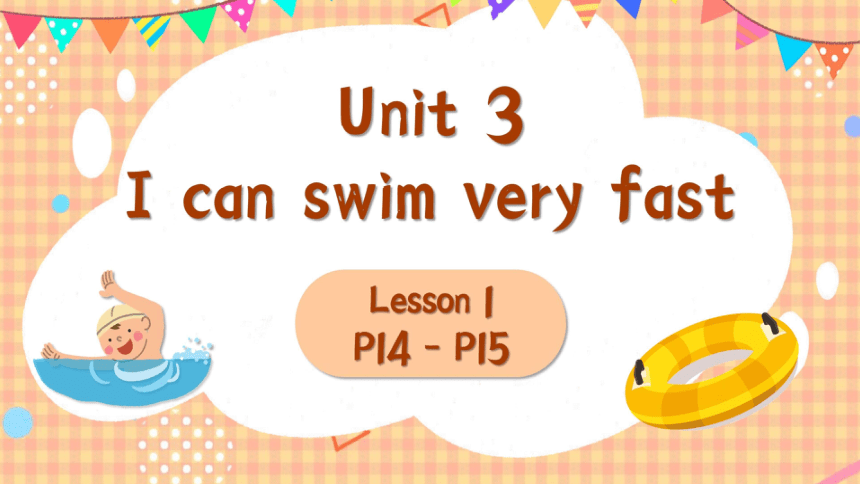(
课件网) Let's review. Read and match. collect stamps play music take photos play computer games play table tennis keep pets make cakes plant trees do some reading Read and circle. What's (your hobby/your like) My hobby is (keep pet/keeping pets). What's her hobby She likes (collecting stamps/collect stamps). When does he usually (playing football/ play football) He usually (plays football/play football) after school. Let's talk Let's learn some new words. ability / b l ti/ 能力 I try to do my job to the best of my ability. 我尽全力做好我的工作。 together /t ɡe r/ 一起 Let's go to school together. 让我们一起去上学吧。 far /fɑ r/ 遥远地 We didn't go far. 我们没有走远。 Let's learn some new sentences. I'm very good at drawing. 我非常擅长画画。 此句型结构为“I'm good at+动词-ing形式(+其他).”。“be good at”意为“擅长……”,at是介词,后接动词时,动词要用-ing形式。 Eg: — What can you do 你会做什么? — I can do a lot of things. I'm good at cooking. 我会做很多事情。我擅长烹饪。 That's right. 对。 此句型用于肯定对方的说法。类似的表达方式为“You're right.”。 Eg: — People in Sichuan enjoy spicy food, right 四川人喜欢辣的食物,对吗? — That's right. 对。 She draws very well, too. 她画得也非常好。 副词是指在句中表示行为或状态特征的词,用于修饰动词、形容词、其他副词等,表示时间、地点、程度、方式等概念。 副词修饰动词时,一般放在动词的后面。 Eg: I get up early every morning. 我每天早晨都很早起床。 Eg: He did it quite well. 他做得相当好。 This place is really beautiful. 这个地方真漂亮。 He isn't old enough to go to school. 他年龄不够大,不能上学。 副词修饰形容词、副词时,一般放在被修饰词之前,但enough(足够地)除外。 I'm very good at drawing. 我非常擅长画画。 句中的very是副词,表示“很;非常”,主要用来修饰形容词或副词的原级,起到加强语气的作用。它通常放在所修饰词的前面。 Eg: I miss you very much. 我非常想念你。 I can swim very fast. 我能游得很快。 此句型结构为“I can+动词原形(play, swim, sing ...)(+其他).”。can意为“能;会”,表示能力。其否定形式为can't,注意情态动词can与动词原形搭配使用。 Eg: — John, I can play football. 约翰,我能踢足球。 — I can't play football. 我不能踢足球。 Let's do some exercises. Read and translate. _____ _____ _____(我擅长) drawing plants. — Peter jumps _____(远地), right — _____ _____(对). I'm good at That's right far This room is _____ _____ (足够大) for you and your friend. I love your present _____ _____(非常). Thank you! big enough very much You _____ _____ _____(能够唱歌) very well. Let's sing _____(一起). I _____ _____ _____ _____(不能见我的父母) during this month. can sing songs can't meet/see my parents together Homework 1. 背诵本课重点单词和句型,并造句; 2. 模仿课文,与同学编造情景对话。 ... ...

